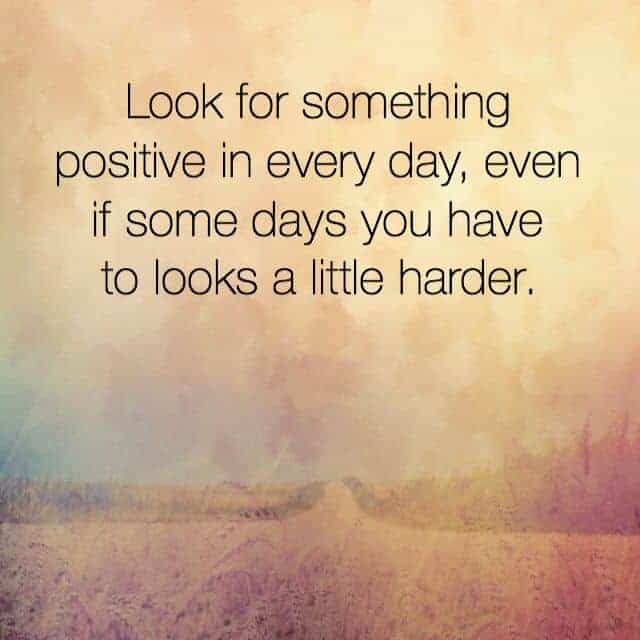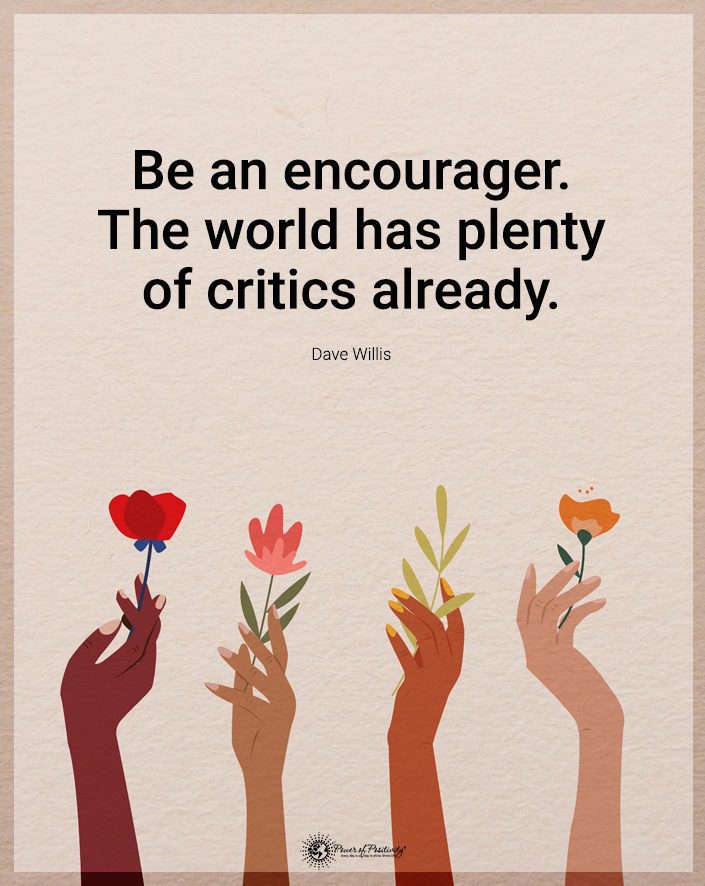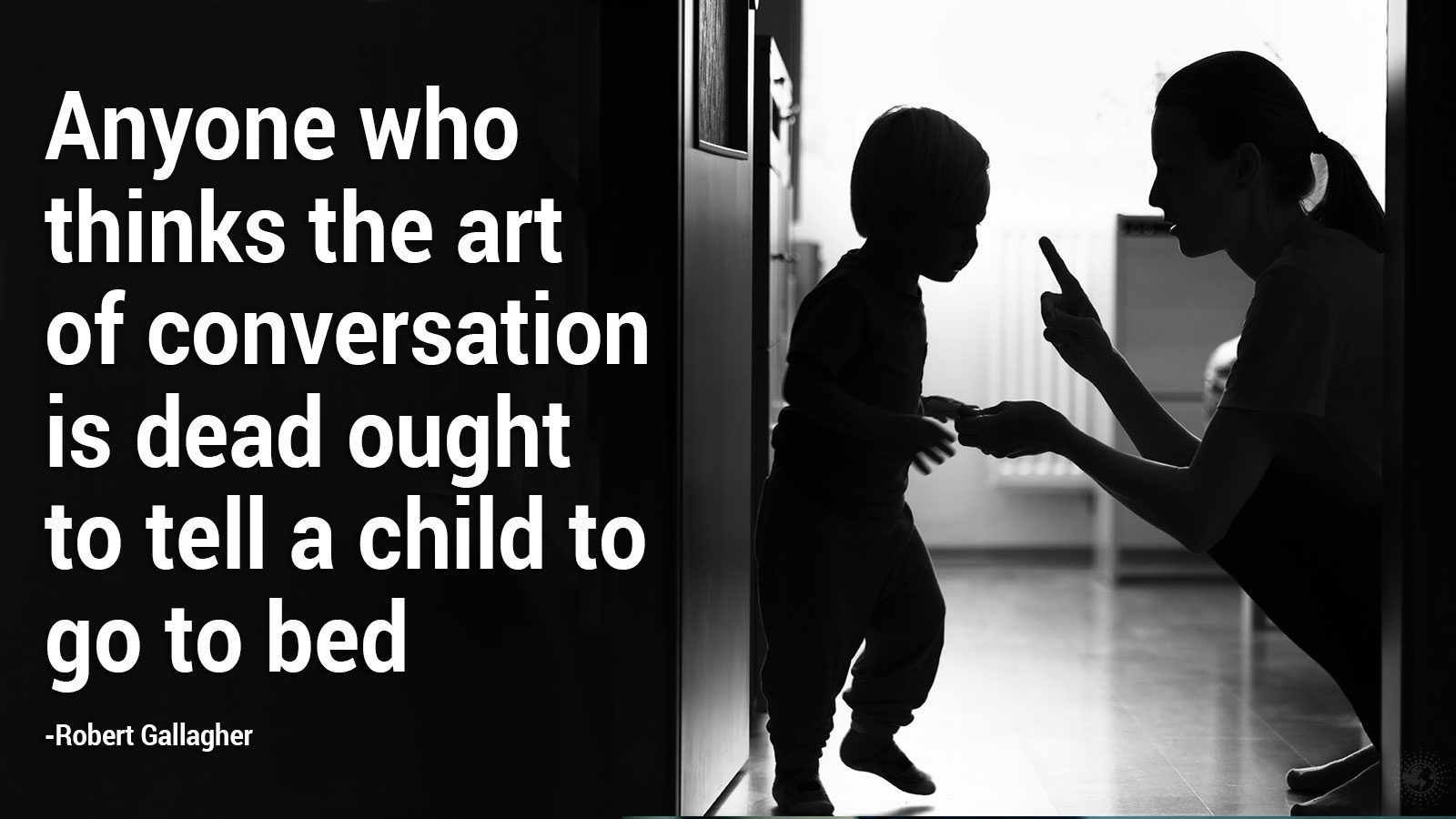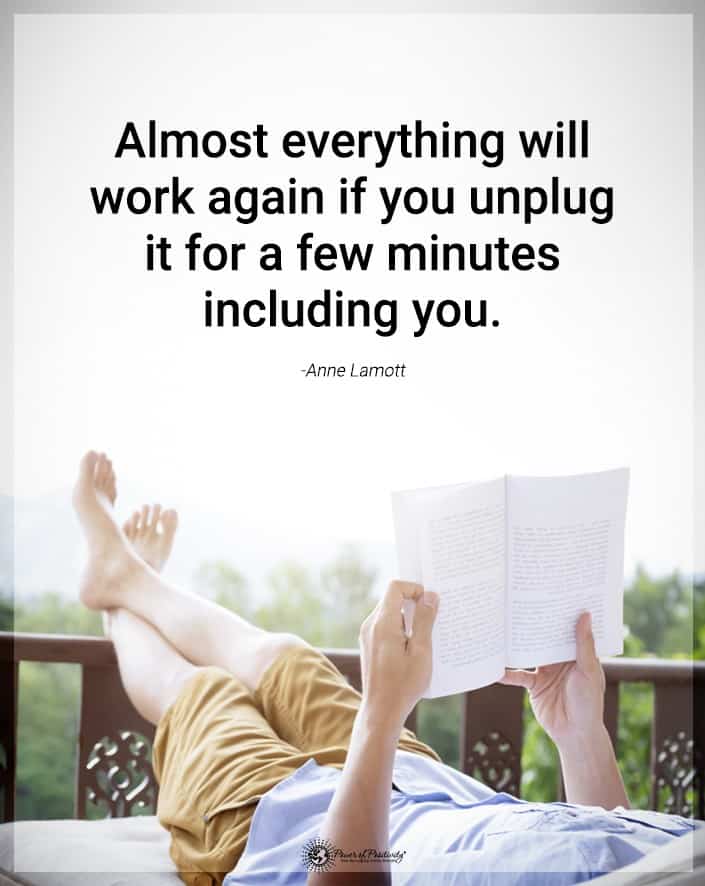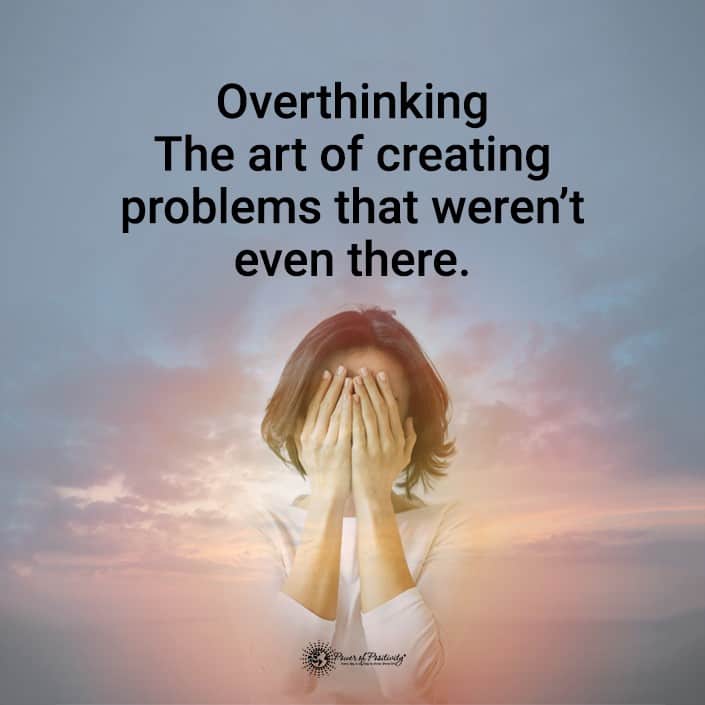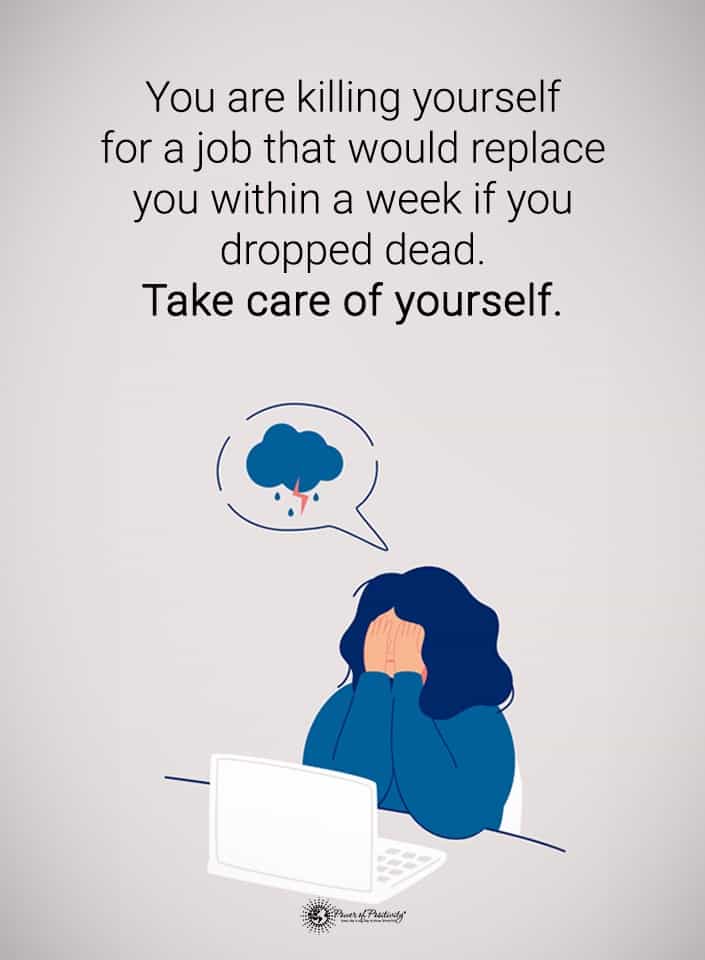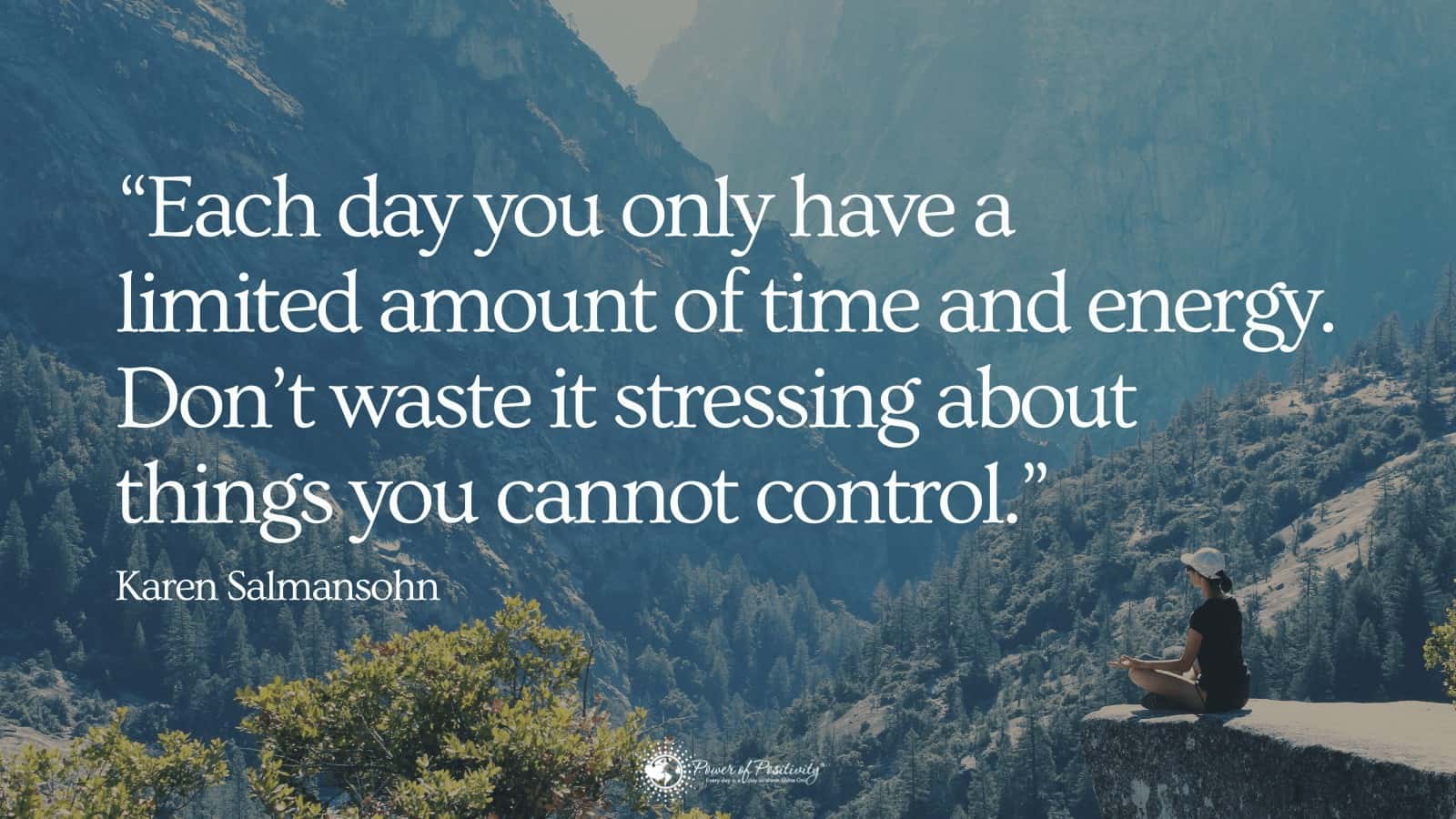Finding time to relax in your busy schedule might be challenging. But making it a priority can improve your life. Taking time to relax and cuddle with someone has many benefits you’ll be happy to take advantage of.
Physical touch is a basic human need, along with food, water, and adequate shelter. People require interaction with others, and the power of touch is incredible. Your skin is the first organ that develops within the womb, making touch the first experience sensation.
Because it is the first organ to develop, babies thrive on touching others. The urge never diminishes because even adults need to experience touch. Needing to be touched is more than just a craving; cuddling with someone is essential for your well-being.
If you ever need an excuse to cuddle, you can use some of these reasons snuggling every day is so important. It’s beneficial to your mental and physical health, and it can make every aspect of your life a little better.
Ten Reasons Cuddling Every Day Is So Important
1. Cuddling Boosts the Immune System
When you cuddle with someone, your body releases hormones that help fight infection. Making snuggling a typical part of your routine can save you from getting sick as often. It strengthens your immune system cells, keeping them in good shape.
You can avoid catching a cold or other illness while snuggling each day. When you feel good, your body works wonders in eliminating foreign bodies and viruses.
2. It Benefits Your Brain
Cuddling will trigger the release of cortisol and dopamine, hormones associated with brain health. Dopamine promotes positive brain function, including attention, behavior, cognition, mood, pleasure, and desire. It also makes you feel more motivated and ready to move, and it helps you reinforce positive behavior.
Additionally, since it helps you sleep better, it improves your memory. When you get good sleep, your brain functions better, and you can recall things you learned before.
3. Cuddling Decreases the Risk of Heart Disease
Physical touch and intimacy increase oxytocin levels, offering many benefits. It helps reduce blood pressure, reducing your risk of developing heart disease. Your heart is healthier when your body isn’t working so hard to prevent stress and illness.
Hugging or touching someone you care about reduces blood pressure. When it decreases, you’re less susceptible to the risks associated with high blood pressure.
4. It Helps You Sleep Better
Snuggling for even ten minutes before going to bed can help you sleep much better. Since it triggers the release of oxytocin, you’ll experience less stress as you drift off to sleep. You’ll fall asleep easier and sleep better during the night, waking up feeling well-rested.
Plus, if that’s an issue, you might sleep longer and have fewer nightmares. Experts say that even ten minutes of snuggling can improve your sleep health.
5. Cuddling Makes You Feel Good
When your body releases oxytocin while you cuddle, the hormone helps you feel good overall. It promotes positivity and happiness, and it can reduce aches and pains. The mood-boosting side effects kick in quickly and last for quite some time.
Snuggling also makes you feel calmer as it releases oxytocin. Finding a calming technique can make all the difference in your life when you have a hectic and busy schedule.
6. It Reduces Stress and Anxiety
The hormones released while snuggling inspire positive thinking, helping you feel less stressed and anxious. You’ll have a more optimistic outlook on life and won’t get caught in the cycle of rumination or worry as often.
Snuggling also makes you feel more confident in yourself, making you more resilient. When you can handle unexpected situations easier, you won’t stress over them as much. The oxytocin released when you cuddle leads to the following:
- Increased positive response to many stimuli
- Suppressed physiological stress
- Lowered norepinephrine
- Decreased blood pressure and heart rate
- Lowed cortisol hormone levels
7. Cuddling Relieves Pain
If you have tense muscles or an injury, snuggling can help relieve the pain. Physical touch and oxytocin make you feel better, so find someone to cuddle up with. It prevents pain signals from reaching your brain in the first place, making pain management much more manageable.
If you suffer from chronic pain, snuggling can help with that, too. It reduces lower back pain and decreases the discomfort associated with irritable bowel syndrome. Cuddling can also reduce pain for those with cancer.
Researchers found that oxytocin can help with pain from less severe situations like menstrual cramps. If you have a headache or stubbed your toe, look for someone to cuddle with. Snuggling has similar effects as therapeutic touch, an alternative medicine practice that balances energy to ease the pain.
8. Cuddling Strengthens Relationships
You probably guessed this one, but snuggling strengthens your relationships. You don’t have to communicate verbally if you’re touching, and it promotes feelings of comfort, safety, and trust. Plus, it reassures both people that they are wanted.
These feelings don’t only happen during the snuggling session, either. They last long afterward, benefitting your relationships even when you’re apart for a little while.
Instead of coming home and stressing out about your job or other issues, sit down to cuddle. When you cuddle instead of stressing, it improves your relationship overall. Plus, physical contact allows you to focus on your loved ones and the positive feelings they give you.
Hugs and physical touches can also help with positive communication in your relationships. When you’re stressed, communicating effectively is hard, but physical contact makes it easier. You’ll also build trust in your relationship as you bond through snuggling and communicating better.
9. It Helps a Woman Bond with Her Baby
Oxytocin strengthens your relationship bond, which is typical for a mother and baby. Skin-to-skin contact makes parents feel closer to their baby and helps their child develop a secure attachment. As a mother cuddles her baby during a feeding, the mom feels relaxed and enjoys her time with the child.
As the baby grows, the time spent snuggling during their early months can help their development. They will be more confident, embrace individualization, and feel safe to explore. Plus, they will naturally show empathy to others, develop healthy social relationships, and cope with stress better than others.
It’s also important to note that oxytocin helps parents in other ways. The hormone makes breastfeeding easier, encourages sleep, leads to less crying, and reduces discomfort.
10. It Prevents Weight Gain and Curbs Cravings
Weight gain can occur for many reasons, and giving in to cravings is one. Another reason for weight gain is hormonal imbalance, indicating low levels of oxytocin or serotonin. Snuggling boosts these hormones, helping curb your cravings and avoid gaining weight.
Snuggling with someone you care about also makes you feel satisfied after meals. It promotes healthier food choices and can help prevent binge eating.
Serotonin also helps with proper digestion and signals to your brain when you’re full. It’s also essential to note that a lack of serotonin can lead to digestive issues such as irritable bowel syndrome. Cuddling daily makes you less likely to have problems like this.
Additionally, the more serotonin you produce, the better your body digests food. It helps process the food, taking in all the nutrients and vitamins. Cuddling won’t heal current digestive issues, but it can prevent them from occurring and help with symptoms.
Who You Should Cuddle With
Many people think they must have a romantic partner to cuddle with daily. However, you can cuddle with anyone you care about, and it’ll produce the same effect. You can cuddle with a friend, pet, child, or anyone you like.
Other Options
You have another option if you’re not much for snuggling or can’t find someone to cuddle with. You can schedule a professional massage, achieving many of the same benefits as cuddling with a loved one.
Another option is to massage your own shoulders or tense muscles. Find a quiet place to sit still and rub your muscles until you feel better. You can also take a warm or hot bath because feeling the warmth and experiencing the sensation on your skin will release oxytocin.
Final Thoughts on Reasons Cuddling Every Day Is So Important
Cuddling isn’t just a fun way to relax with someone you care about. It offers many physical and mental health benefits, allowing you to live a happy and fulfilling life. You’ll experience less pain, stress, and other sources of negativity. As a result, your positive experiences will increase.
The power of touch can do so much for you, and you’ll never be sorry about how you spent your time snuggling. It’s relaxing while improving all areas of your life. Find your favorite cuddle buddy and spend some time together so that you can embrace the many benefits.





